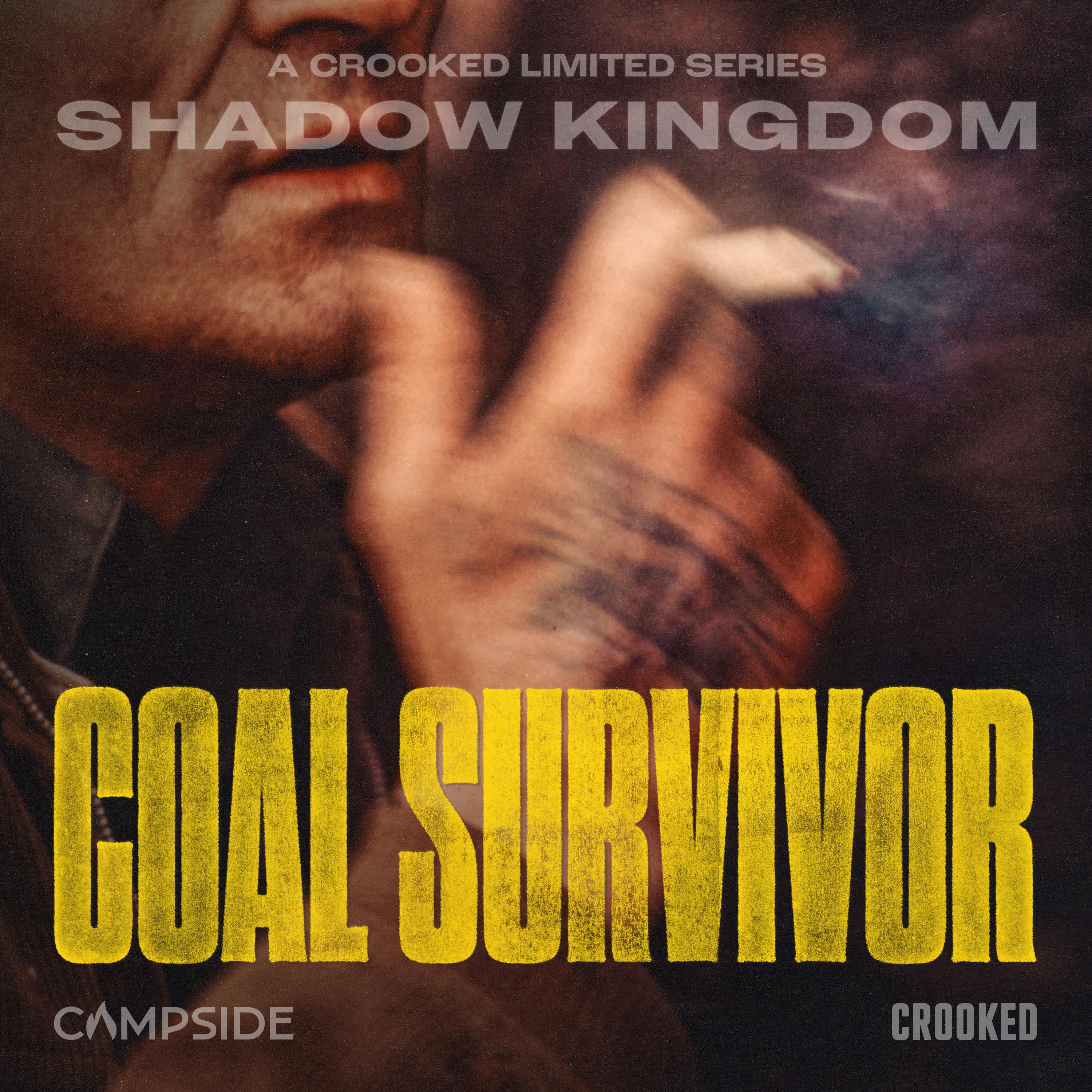Coal Survivor I 4. A Ticking Clock
After the election - Jock breaks a taboo and threatens Tony. Hitman Paul Gilly races to kill Jock before it’s too late.
Learn more about your ad choices. Visit megaphone.fm/adchoices
Learn more about your ad choices. Visit megaphone.fm/adchoices
Press play and read along
Transcript
Transcript is processing—check back soon.
Shadow Kingdom — Coal Survivor I 4. A Ticking Clock





